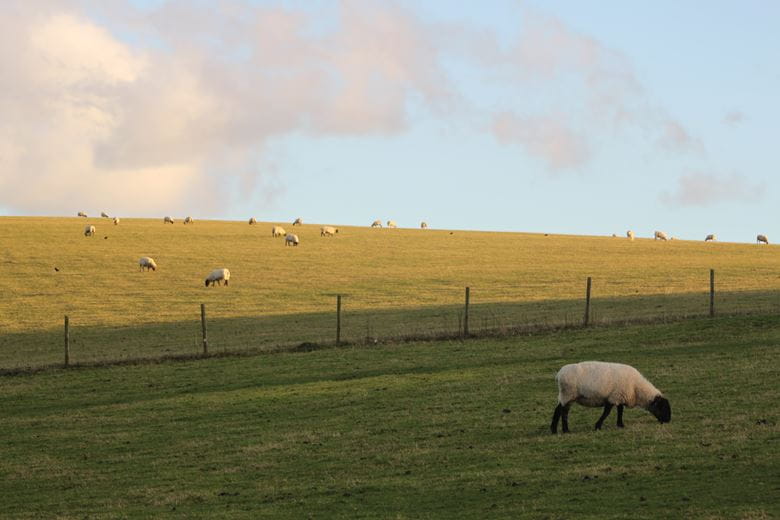With summer recess fast approaching, there has been a flurry of government announcements.
We’ve seen more details emerge on how landowners will access support payments under the Sustainable Farming Initiative, while animal welfare has been firmly in the spotlight. This has all been happening at a time when the Prime Minister has been securing a trade deal with Australia, stirring further questions and concerns from the farming community over how the UK standards will be protected in the future.
Australia trade agreement announced
Announced on 14 June, the UK and Australia trade agreement in principle includes a 15-year cap on tariff-free imports. This is despite farmers repeatedly raising concerns about the impact allowing goods produced to a lower standard into the country could have. CLA President Mark Bridgeman said: “Zero tariffs and zero quotas on agri imports would not just leave British farmers exposed, it shows that the government doesn’t understand one of our biggest strengths. The UK has some of the highest environmental and animal welfare standards in the world.” The government has a trade agreement with New Zealand in its sights too, with talk of an agreement in principle being finalised in August.
Soil health payments confirmed by George Eustice
Farmers who improve the health of their soil will receive up to 30% more under the new Sustainable Farming Incentive than they would under the old EU methodology.
That’s according to DEFRA Secretary George Eustice who spoke to farmers at Groundswell and the Cereals Event in the past month. Farmers joining the SFI will be paid £26/ha for basic soil management, rising to about £70/ha for increasing soil organic matter. Read his Cereals speech in full here.
Farming needs image overhaul to prevent labour shortages
A new report by the University of Exeter warns the poor image of farming as a career risks “disastrous” labour shortages if left unchecked. Associations with low pay, long hours, poor work-life balance, bad conditions, lack of progression and heavy physical labour all need to be addressed or the industry risks greater imports of fresh food and farms going out of business or relocating abroad. Brexit, the coronavirus pandemic, fluctuations in the value of the pound sterling, the improvement of the economies of countries in Eastern Europe and new immigration laws are all expected to exacerbate labour shortfalls in the coming years.
UK to ban live exports
The government will ban live exports as part of a raft of measures announced in June to boost animal welfare. The second Animal Welfare (Kept Animals) Bill details a range of new commitments such as new powers to help clamp down on livestock worrying (more on this shortly). The UK will be the first European country to end live exports; the government explained: “Live animals can endure excessively long journeys during export, causing distress and injury. EU rules prevented any changes to these journeys, but the UK government is now free to pursue plans which would see a ban on the export of live animals for slaughter and fattening.” Farming groups warn that a ban could impact the UK food supply chain.
Police given new powers
Body: The pandemic undoubtedly led to a rise in attacks on livestock as more people flocked to the countryside for a change of scene and exercise. The Kept Animals Bill will give police more power to seize dogs after serious incidents if they believe the animal poses an ongoing threat. The bill also allows to take samples from livestock and dogs to help investigations; most cases don’t result in prosecution presently because of a lack of evidence.
This will be well received by sheep farmers, in particular; a recent survey carried out by the National Sheep Association revealed more than two thirds of sheep farmers had seen an increase in sheep worrying, with more than half reporting a moderate to severe impact on their mental health.
Boost for organic sector
The UK organic sector enjoyed the highest rate of growth it has seen in 15 years in 2020. The Soil Association revealed the sector saw overall growth increase by 12.6%, valuing the market at £2.79bn. Potential reasons for the spike in interest include online retail’s growth and increased consumer awareness of health and sustainability. Recent Defra statistics also reveal that land in conversion to organic increased by nearly 12% last year.
View all our rural news, insight and research here.
Rural View
Our thoughts and insights on the key issues and opportunities within farming and rural businesses.


